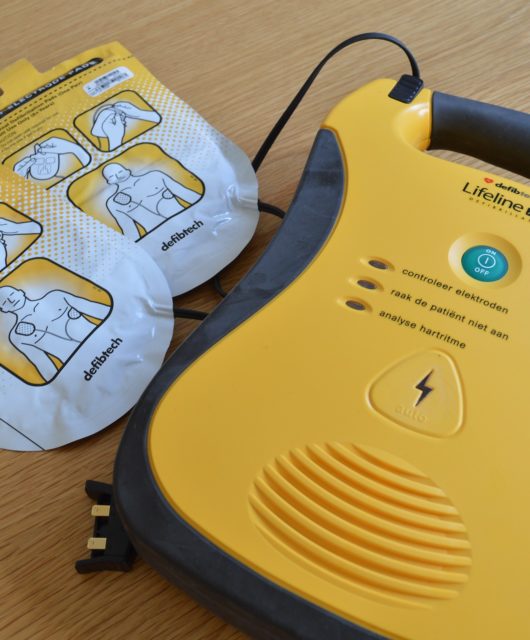What Are the Five Parts of the Immune System?
 Your immune system is split into two broad groups: the acquired immune system and the innate immune system. Each of these parts plays an important role in your immunity. The acquired immune system is effective at defending against possible infective agents only when it detects a threat. The innate immune system has a protective effect and is always working to defend the body regardless of possible threats to immune health.
Your immune system is split into two broad groups: the acquired immune system and the innate immune system. Each of these parts plays an important role in your immunity. The acquired immune system is effective at defending against possible infective agents only when it detects a threat. The innate immune system has a protective effect and is always working to defend the body regardless of possible threats to immune health.
There are five key parts of the body that play an important role in immune function:
Table of Contents
1. Lymphatic System
The lymphatic system is a network of delicate tubes that carries lymph through the body. The lymphatic system is made up of lymph nodes which trap microbes, lymph vessels which carry lymph to your tissues and contain infection-fighting white blood cells, and lymphocytes (white blood cells). This system is responsible for managing the body’s fluid levels, reacting to bacteria, and tackling cancer cells and other cells that result in disease.
2. Lymphoid System
Lymphocytes live in the lymphoid tissue that’s scattered throughout your body. Lymphocytes cluster in the walls of the parts of your body that receive the most exposure to foreign substances, like the gastrointestinal system. The lymphoid system plays an important role in protecting your body from airborne infections.
3. Lymph Nodes
The lymph nodes are like a filter for lymph as it passes through the lymphatic vessels so that they can access as many lymphatic cells as possible. There are dense amounts of immune cells like macrophages in the lymph nodes that attack and destroy any dangers they detect. These nodes often get inflammation in response to an infection in an area that is drained by the node.
4. Thymus
The thymus is responsible for producing the white blood cells known as T-lymphocytes while filtering and monitoring your blood content. White blood cells move through blood and tissue to find microbes like bacteria and viruses and launch an immune attack in response. As you age, this lymphoid organ becomes smaller and loses most of its active immune cells.
5. Spleen
The spleen is the largest of your lymphoid organs and filters your blood to remove microbes and destroy old and damaged red blood cells. This organ produces the disease-fighting components of your immune system like antibodies and lymphocytes. Antibodies are important in helping the body identify microbes and toxins that need to be destroyed via an immune attack.
It’s not uncommon for autoimmune diseases and allergic diseases like allergies to food, medications, sinus disease, or dermatitis to cause you to have an overactive immune system. Some people have an underactive immune system, known as immunodeficiency. Deficiencies can be inherited, occur due to medications like corticosteroids, or result from other diseases like HIV/AIDS or cancer. Immunodeficiency leaves you vulnerable to infections and can be life-threatening depending on the severity of symptoms.
Ways to boost your immune system function.
There are several natural ways to boost your immune system function. Eating a balanced diet with whole plant foods that are rich in nutrients and antioxidants can help defend against pathogens. Getting adequate sleep is essential to strong immunity and lessening your susceptibility to sickness.
Performing moderate exercise is a great way to reduce inflammation, lower stress levels, and promote the production of immune cells. A true cellular detox is another method that can reduce inflammation at the cellular level and rid your body of toxins. There are also several supplements that may help build a strong immune system. Taking vitamin C supplements, up to75 mg of zinc daily, and taking echinacea can reduce the duration of colds. Elderberry may reduce the symptoms of upper respiratory infections, and boosting your vitamin D intake can prevent vitamin D deficiency which increases the likelihood of getting sick.
Dr. Danielle carries a full line of all-natural immune system supplements that contain essential nutrients that boost immune function. In conjunction with a healthy diet and a healthy lifestyle, her adaptogenic mushrooms supplement supports a healthy immune system, the production of certain immune cells, supports the body’s response to inflammation and improves stamina. Dr. Danielle also offers dietary supplements that aid digestion, daily probiotics, turmeric capsules with anti-inflammatory properties, and adrenal supplements that support an adaptive immune response.









